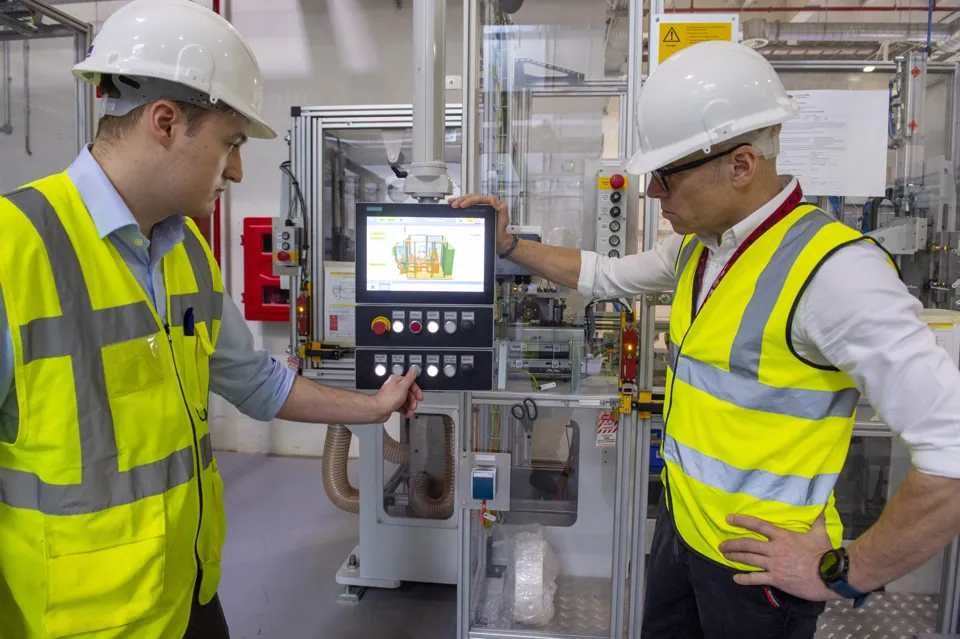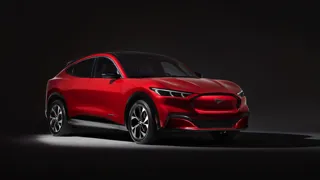Halewood’s transition to an electric vehicle (EV) component plant will benefit from a further £150 million funding from Ford, raising its total investment in the factory to £380m.
Ford says £125m will be spent on increasing new power unit capacity at the plant by 70%, while £24m will support its E:Prime product development centre.
Kieran Cahill, Ford’s European Industrial Operations vice-president, said: “Our vision in Europe is to build a thriving business, by extending leadership in commercial vehicles and through the electrification of our car range. Halewood is playing a critical part as our first in-house investment in EV component manufacturing in Europe.”
The plant currently produces transmissions for internal combustion engine vehicles and, last year, was awarded the assembly of Ford electric vehicles’ power units with an initial backing of £230m to deliver 250,000 units a year from 2024.
Ford’s E:Prime centre, at Ford’s Dunton product development HQ, is building prototypes of the electric power unit and training Halewood employees in its machining and assembly, assisted by the Advanced Propulsion Centre.
Tim Slatter, chairman of Ford UK, said: “This is an all-important next step for Ford towards having nine EVs on sale within two years.
“Our UK workforce is playing a major role in Ford’s all-electric future, demonstrated by Halewood’s pivot to a new zero-emission powertrain, and E:Prime’s innovation at Dunton in finalising the production processes.”
Halewood’s new power unit capacity will increase from 250,000 to 420,000 a year will also mean that 70% of the 600,000 EVs, which Ford will sell in Europe a year by 2026, will be powered by the Halewood-produced technology.
The latest investment – which includes Government support from UK Export Finance, through their Export Development Guarantee – will help safeguard the 500 high-value Ford jobs at Halewood and upskill them for Ford’s EV future.
International trade secretary Kemi Badenoch said: “Our support for Ford is great news for jobs in Essex and Merseyside and British manufacturing as a whole. Ford is a major employer in the UK and the high-skilled jobs it provides help communities to thrive.
“We have consistently backed Ford as it makes its critical transition towards electrification. Boosting electric car production is key to our strategy to combat climate change and today’s news demonstrates how our manufacturing industry, our exports and our economy will benefit from this transition.”
Apprentices and engineers embedded in the electric power unit development project have been part based at E:Prime in Essex, test building the power unit and implementing new skills and knowledge at Halewood as part of its transformation.
Halewood’s selection marked Ford’s first in-house investment in all-electric vehicle component manufacturing in Europe. Its transition to electric component production is integral to Ford in Europe electrifying its portfolio and producing entirely zero-emission cars and vans by 2035.






















Login to comment
Comments
No comments have been made yet.